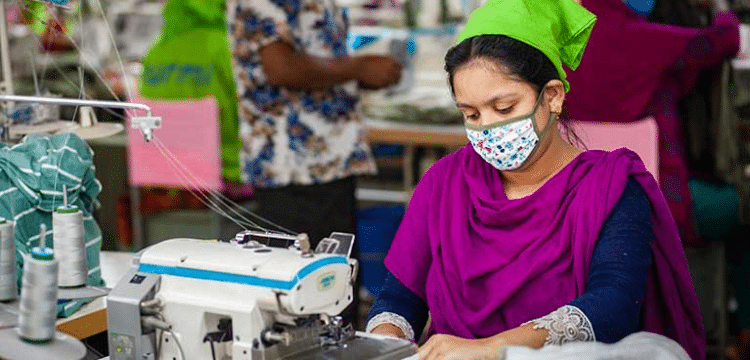[vc_row][vc_column][vc_column_text dp_text_size=”size-4″]ISLAMABAD: The International Labor Organization (ILO) has successfully implemented Factory Improvement Toolset (FIT) interventions in Pakistan, resulting in more effective, long-lasting, and scaleable solutions that enhanced the sustainability of the apparel sector and improved working conditions for employees.
The toolset is a self-facilitated, activity-based learning approach created to support clothing manufacturers in their efforts to improve productivity, competitiveness, and working conditions by modernising production systems and factory practises. The project, “Decent Work in Garment Supply Chains Asia,” is funded by the Swedish government.
The usage of FIT in Pakistan, where 10 companies used an in-factory intervention over the course of six months with the assistance of trained facilitators, was examined in depth by the interventions, according to a study produced by the ILO after the project’s implementation. According to the study, all 10 of the participating businesses in the FIT have reported significant gains in their respective intervention areas.
The key performance measures relating to productivity increased noticeably in a number of factories (KPIs). On average, companies saw a reduction in material retrieval time of 70% and an increase in space utilisation of 6% in the storerooms. According to the study, in the sewing room, the target achievement rate went up by 10% and the defect rate went down by 22%.
Both qualitative and quantitative statistics demonstrate that the FIT peer-learning approach, by fostering trust and removing barriers, facilitated the enhanced flow of communication in the factories.
After FIT, employees claim to have been more motivated and committed to measures aimed at boosting productivity. They were given the opportunity to express their worries and knowledge, and this inspired them and increased their participation.
According to the ILO report, FIT brought together employees, managers, and supervisors to pinpoint and resolve pertinent issues in the production. The innovative peer-learning process and the deliberate effort to guarantee a diverse cohort allowed for a widening of perspectives as well as enhanced communication and working relationships.
All team members were encouraged to actively participate in identifying factory issues and developing solutions thanks to FIT’s activity-based approach. The participants’ active participation in the module’s content encouraged them to reflect, talk, and come up with original answers. The strategy helped the factory’s communication flow improve as well.
[/vc_column_text][/vc_column][/vc_row]











